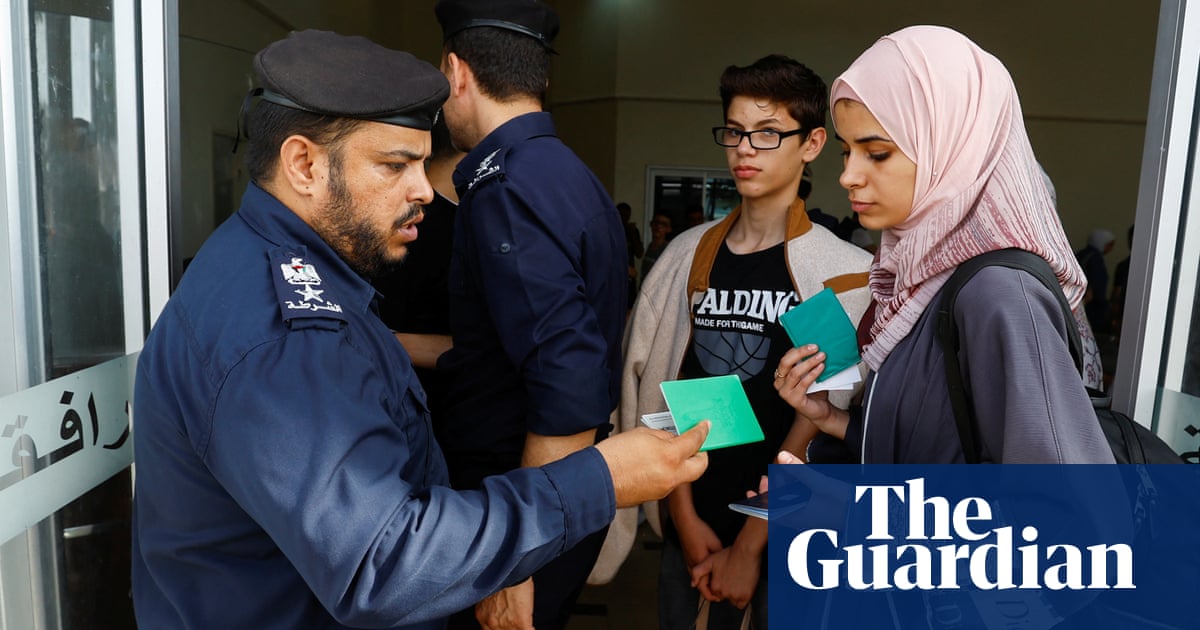
n the early stages of the crisis, one of those at the heart of government decision-making told me: “We are all going to get it.” You wouldn’t wish a positive test for the coronavirus on anyone, but there is this to be said for the news that the prime minister, the Prince of Wales, and the health secretary now number among the infected, while the chief medical officer is self-isolating. There couldn’t be a more vivid illustration that this is an equal-opportunity virus that couldn’t care less about your status. A VIP protection squad of police officers is no defence from the invisible terrorist. It can get to you whether you are the leader of the country or the heir to its throne.
The penetration of the coronavirus within the high black gates of Downing Street takes us into another situation that is unprecedented. After e-cabinet meetings and virtual news conferences and an online emergency summit of the G20, we have now witnessed the extraordinary first of the prime minister addressing the nation via Twitter video from quarantine. The breezy “hi folks” with which he began was intended to damp down any public fright that might be triggered by the virus reaching the highest levels of government.
In an earlier era, Number 10 might have sought to conceal that the country’s leader had fallen ill and at such a critical juncture. During the Second World War, the British public weren’t told that Winston Churchill had had a heart attack while at the White House shortly after the Japanese attack on Pearl Harbor in 1941. Two years later, Churchill contracted pneumonia, which was also kept from the country. That would be impossible now. In a crisis playing out in the era of 24/7 media, when daily bulletins are demanded of the nation’s leaders, concealment was never an option.
“Be in no doubt that I can continue, thanks to the wizardry of modern technology, to communicate with all my top team to lead the national fightback against coronavirus,” the prime minister declared. This reassurance about the functioning of the chain of command was extra necessary because there has been some unedifying background bickering within the cabinet about who is in charge of what.
The spread of infection into the apex of the state does add dramatic heft to the ministerial mantra that “we are all in this together”. It is hoped within government that this will be persuasive on the stubborn minority of the population who have been putting themselves and others in potential danger by resisting the new rules on social distancing. If the infection of the head of government and the next head of state won’t persuade the irresponsible minority to take this menace seriously, it is a bit hard to know what will.
There might have been fewer issues with securing comprehensive public compliance with social distancing had there not been too many days when the government issued advice that was confusing and contradictory. The prime minister himself has been particularly wanting in this respect. He urged people to stay away from at-risk relatives only then to tell reporters that he would be going to see his mother on Mother’s Day. Only on Monday did government messaging start to achieve the necessary clarity when Mr Johnson gave his television address, one watched live by 27 million people, ordering the national lockdown. If there is one further silver lining to his own infection, it is this. He was offered another opportunity to make amends for earlier chaotic messaging by reinforcing the “stay at home” injunction to the nation.
There have been personal brickbats tossed at Mr Johnson since his infection was revealed, with some suggesting that he exposed himself to the virus by being cavalier about following his own government’s advice on social distancing. More significantly, there has been serious criticism of the government’s shifts in approach, and some fierce complaint from doctors and nurses about shortages of vital resources, especially protective equipment for health workers dealing with the infected and testing kits for frontline staff. Yet this has so far not come at any evident political cost to the government. Our Opinium poll today suggests that 92% of the public back the lockdown. Reflecting similar results from other survey organisations, the poll also indicates that trust in the prime minister has gone up.
This probably has little to do with how the prime minister is objectively performing. Leaders of wildly varying characters presiding over differing responses to the pandemic are seeing a similar coronavirus popularity dividend. Emmanuel Macron has become better regarded among the French. Germans are more appreciative of Angela Merkel. Despite the grim state of affairs in Italy, Giuseppe Conte, the leader of its strange coalition government, has seen his approval rating leap from 44% in February to more than 70%. Donald “it’s going to disappear” Trump’s sensationally reckless responses to the crisis have been accompanied by a rise in his ratings. Moon Jae-in, the president of South Korea, has never been more popular.
The Americans have a phrase for the impulse of people to want to unite behind their leaders at a time of emergency, especially when the threat comes with an existential dimension. They call it “rallying round the flag”. George W Bush saw a massive surge in his approval ratings in the immediate aftermath of the terror attacks on the Twin Towers. John F Kennedy’s ratings soared during the Cuban missile crisis and in the aftermath of the Bay of Pigs misadventure. About the latter, he quipped to friends: “The worse I do, the more popular I get.”
We British lack an agreed term for this effect: “Hang on to nurse” would be particularly appropriate to the coronavirus crisis. Gordon Brown, generally a deeply unpopular prime minister, enjoyed a big surge in his ratings during the Great Crash in 2008. The more severe the emergency, the more the instinctive response of the public is to want to get behind its government.
Fearful people need the comfort of thinking they are in the hands of capable leaders. In benign times, there is not much psychological cost to ourselves to regard politicians as useless knaves. In an emergency, many of us need to believe that there are smart people at the top who know what to do. This is accompanied by a desire for national solidarity, that yearning made manifest on Thursday night when so many people stood at their doors and windows to clap their salutations and thanks to NHS workers. The urge to pull together has also been demonstrated by the 700,000 applications to join the new NHS volunteers organisation.
Shrewd opposition politicians understand this mood and grasp that the public are likely to react badly to anything that smells of petty point-scoring. Sadiq Khan, the mayor of London, had every right to articulate legitimate anxieties about allowing construction projects to continue in the capital, but he was careful to use his voice in a tempered way. Labour’s health spokesman, Jonathan Ashworth, made a fool of himself during the election, but has found redemption with a carefully calibrated, non-hyperbolic approach towards criticising the government.
This means that, politically speaking, we are in the phoney war period of the crisis. Even when the government has made egregious blunders, such as over the procurement of additional ventilators, the opposition isn’t being very aggressive about it. Much of the public is willing to defer to authority and extend to the government a benefit of the doubt that it would not normally receive. This will not last for ever. The surge in approval enjoyed by Gordon Brown during the initial phases of the financial crisis faded away as national debate turned to issues about his stewardship of the financial system over the previous decade. There will one day be a great reckoning about the coronavirus, its origins, its spread and how it was tackled. Why wasn’t Britain better prepared for a pandemic? Was the health service inadequately staffed and equipped? Did the government initially underestimate the virulence of the disease and what that meant for the NHS? Was the prime minister too slow to order the lockdown and other critical steps? These are some of the questions that will preoccupy the inevitable inquiry the other side of this crisis. Boris Johnson’s currently buoyant approval ratings tell us nothing about what the public will think of him by the time this is over.











